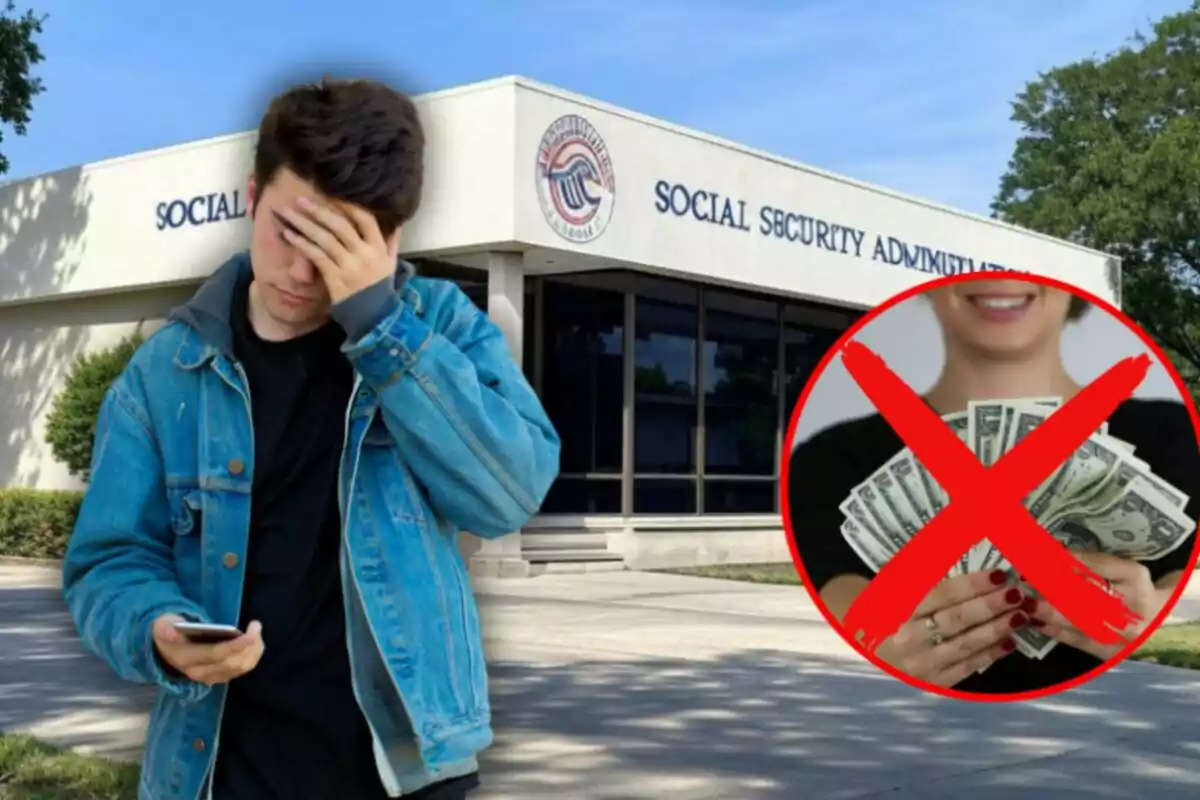Social Security is an essential aid for millions of Americans in their retirement years. However, a significant portion of retirees could lose their checks at any moment. This situation causes concern and forces an examination of the current requirements and limitations of the system.
Millions depend on Social Security as their main source of income. But the Social Security Administration (SSA) confirms that there are 2 million people who do not receive retirement benefits. This includes 3% of those over 60 years old, severely affecting their financial stability.

Why millions of retirees could lose benefits
The main reason is the strict eligibility system imposed by SSA. To access benefits, 40 credits are required, obtained after at least ten years of covered work. In 2025, each credit is equivalent to $1,770 in income, and up to four credits can be earned per year.
Many retirees do not meet this minimum due to short careers, part-time jobs, or jobs that are not covered by Social Security. In addition, certain federal employees, railroad workers, and some state workers are excluded because they do not contribute to the common fund.

Unexpected factors such as premature deaths also affect the receipt of checks. Those who die before age 62 can't apply for benefits, and divorced individuals with short marriages or who have remarried may lose rights to ex-spouse benefits. In addition, immigrants and non-citizens must meet additional requirements to access these payments.
Failures and challenges of the current system
SSA faces technical failures that worsen the situation. Recently, Supplemental Security Income (SSI) beneficiaries experienced the temporary disappearance of their payments. This error caused alarm, although it was solved in less than 24 hours, without SSA offering explanations.
This incident shows the fragility of the system for the most vulnerable. U.S. senators expressed concern about the stability of the program. Meanwhile, millions of retirees still lack access to benefits due to the structural deficiencies of the system.
The future of Social Security is also under review, especially after criticism and proposals for changes in the administration. However, many retirees already face the reality of losing these essential incomes with no possibility of recovery.

